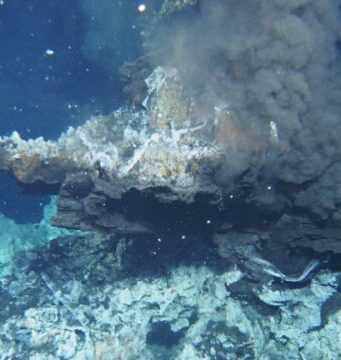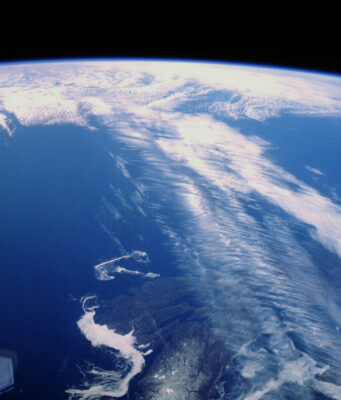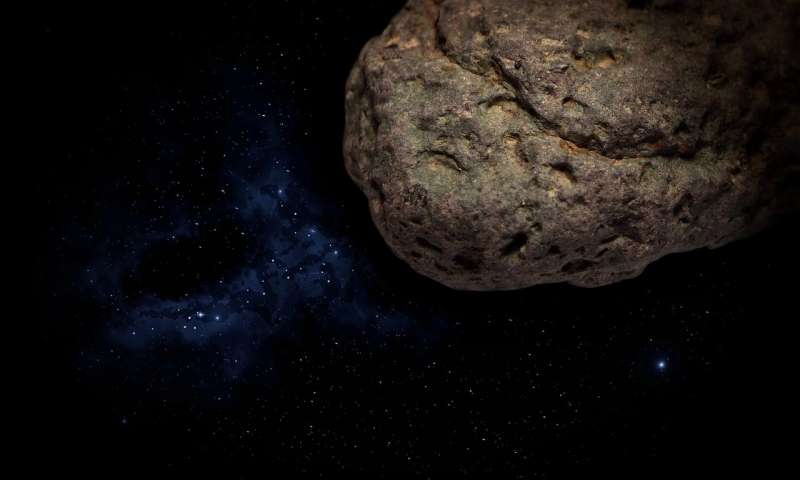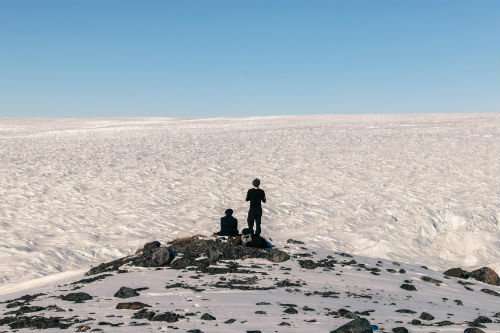Fog can act as a vector for microbes, transferring them long distances and introducing them into new environments. So reports an analysis of the microbiology of coastal fog, recently published in the journal Science of the Total Environment.
Co-author Kathleen...
Electrically charged volcanic ash short-circuited Earth's atmosphere in 1815, causing global poor weather and Napoleon's defeat, says new research.
Historians know that rainy and muddy conditions helped the Allied army defeat the French Emperor Napoleon Bonaparte at the Battle of...
To offset CO2 emissions, China is reforesting. If a mixture of tree species instead of monocultures were planted, much more carbon could be stored. An international team including UZH researchers has shown that species-rich forest ecosystems take up more...
In recent decades, scientists have noted a surge in Arctic plant growth as a symptom of climate change. But without observations showing exactly when and where vegetation has bloomed as the world's coldest areas warm, it's difficult to predict...
Thin ribbons of purple and white light that sometimes appear in the night sky were dubbed a new type of aurora when brought to scientists' attention in 2016. But new research suggests these mysterious streams of light are not...
Microscopic plant-like organisms called phytoplankton are known to support the diversity of life in the ocean. Scientists in Israel now report that one species, Emiliania huxleyi, and a virus closely associated with it, might be responsible for changes in...
The release of the "Paradise Papers" and "Panama Papers" exposed how multinationals, politicians and the wealthy use offshore tax havens to conceal their wealth and money flows, and reduce their exposure to tax. Now, a team of researchers from...
Scientists have found that 4.02 billion year old silica-rich felsic rocks from the Acasta River, Canada—the oldest rock formation known on Earth—probably formed at high temperatures and at a surprisingly shallow depth of the planet's nascent crust. The high...
New research led by glaciologists and isotope geochemists from the University of Bristol has found that melting ice sheets provide the surrounding oceans with the essential nutrient silica.
Silica is needed by a group of marine algae (the microscopic plants...
Complex systems of microscopic tunnels found inside garnet crystals from Thailand are most likely the result of microorganisms making their homes inside these minerals, according to a study published August 8, 2018 in the open-access journal PLOS ONE by...
Historic levels of particles in the atmosphere released from pre-industrial era fires, and their cooling effect on the planet, may have been significantly underestimated according to a new study.
Fires cause large amounts of tiny particles, known as aerosols, to...


















